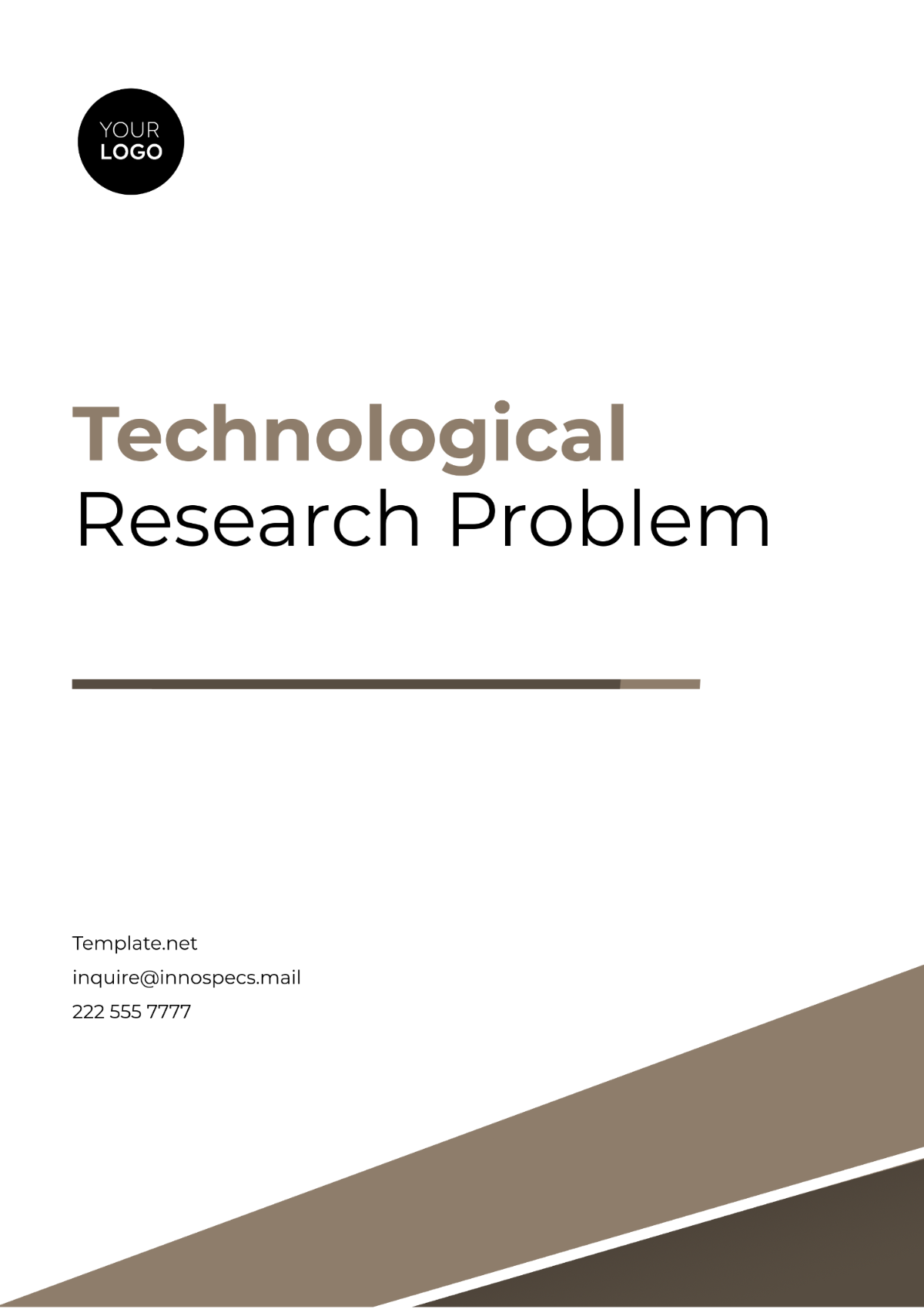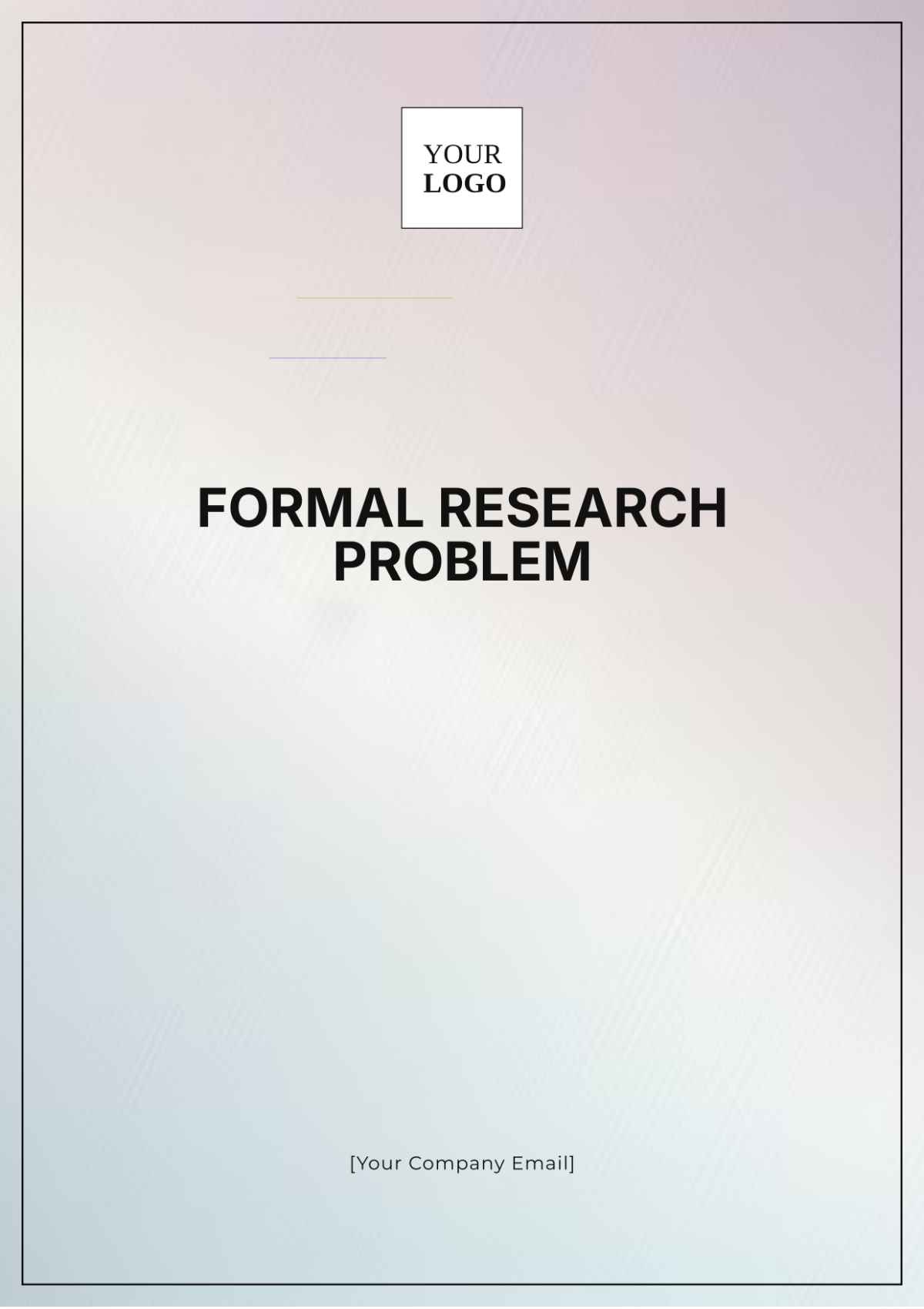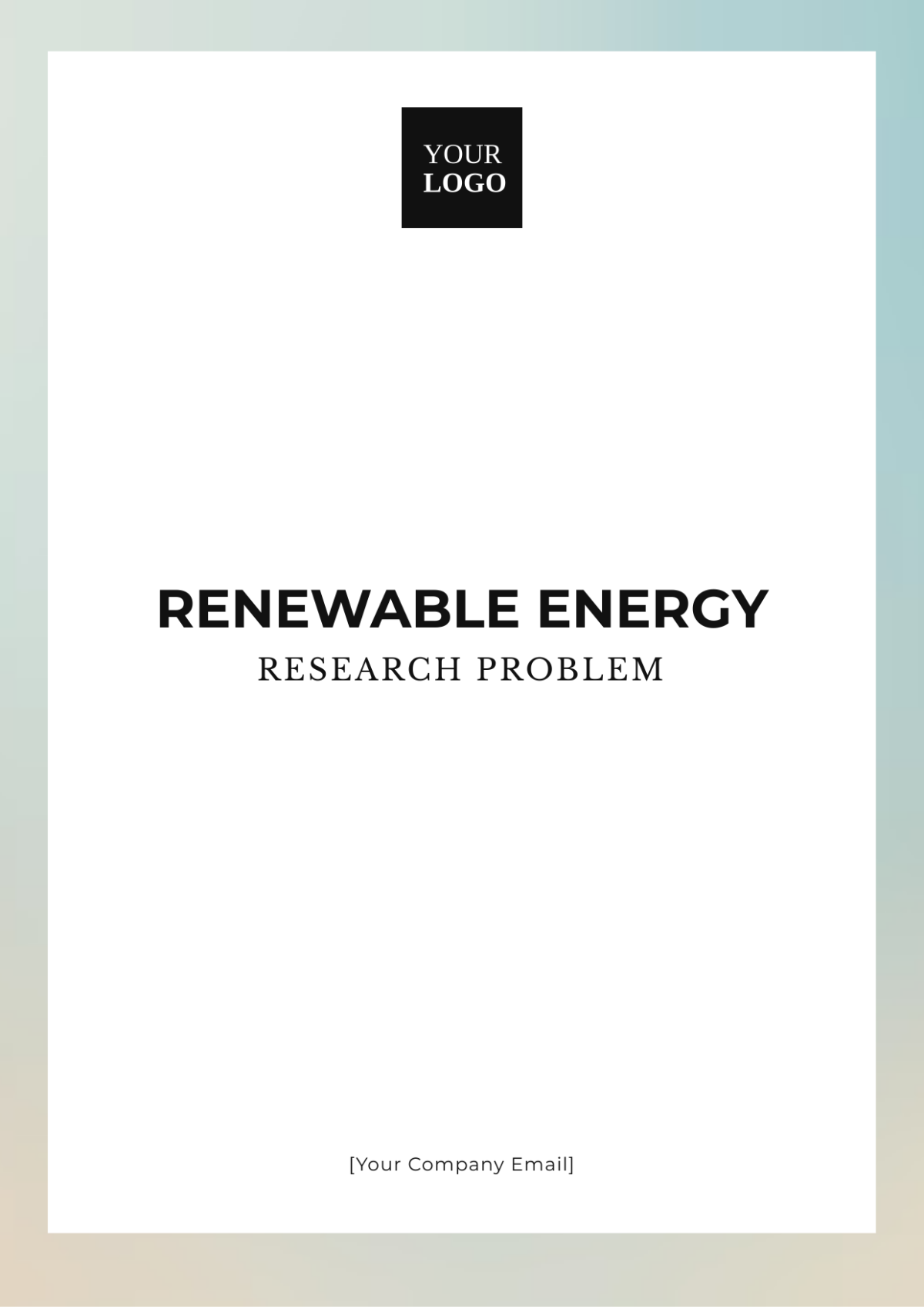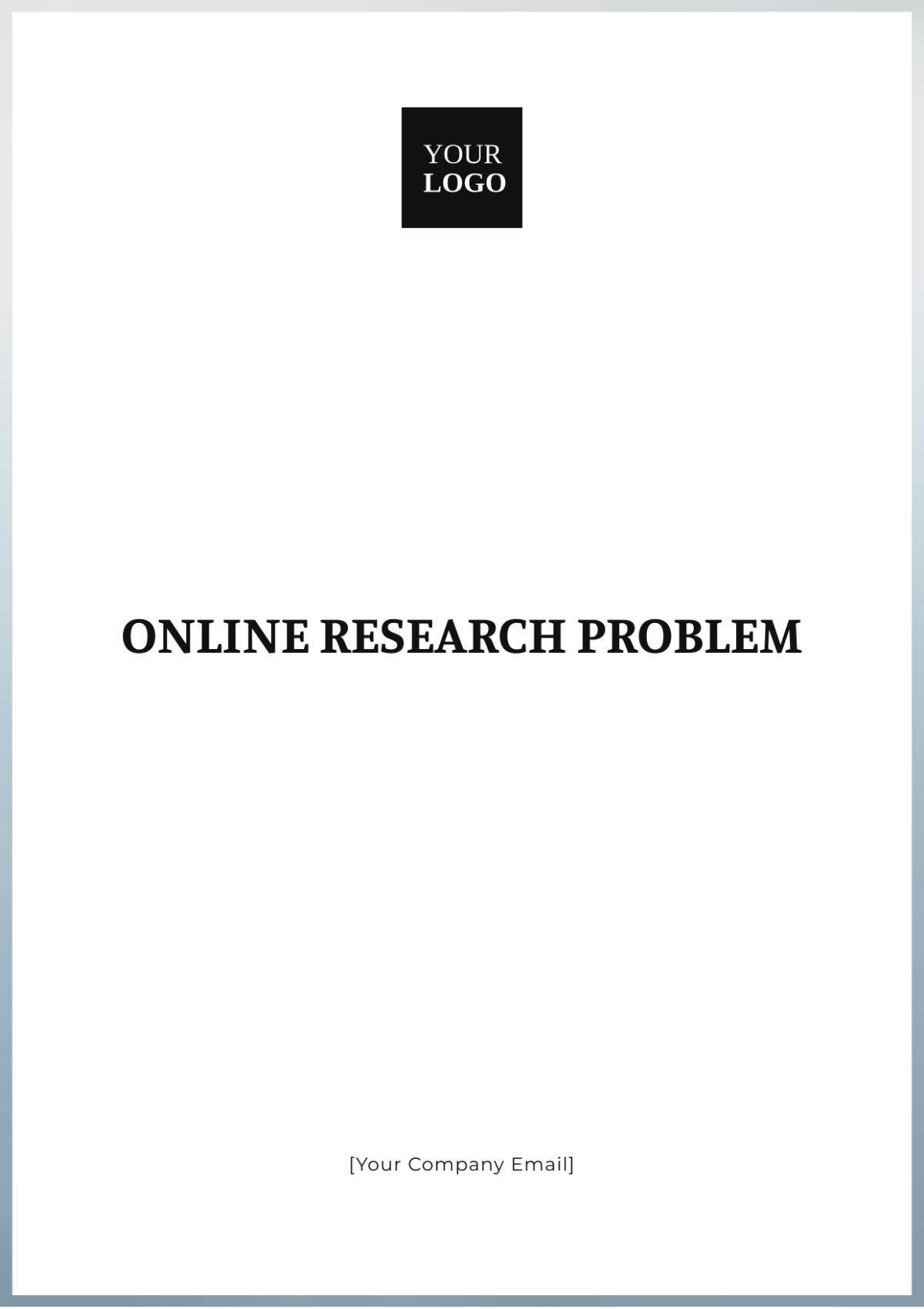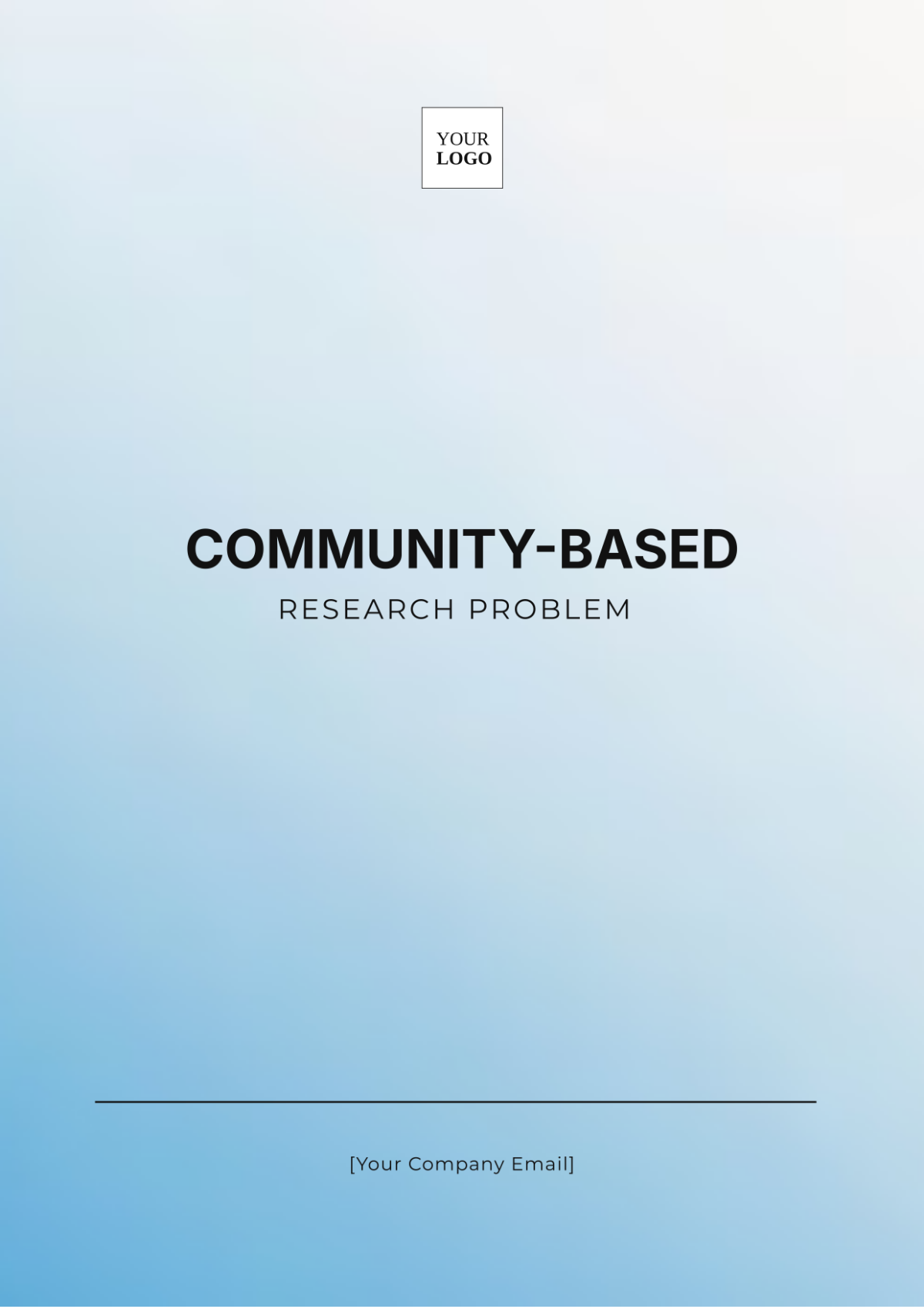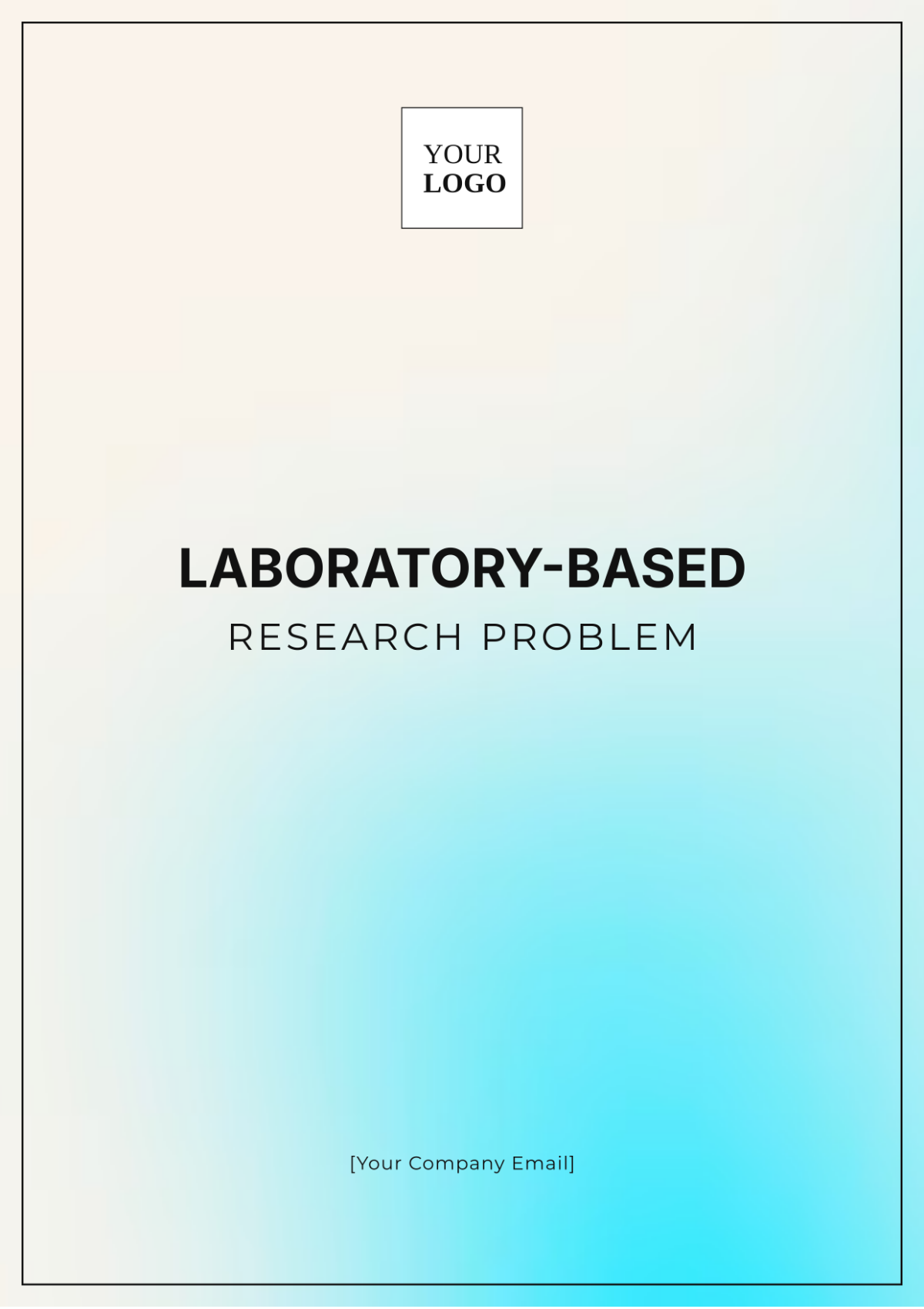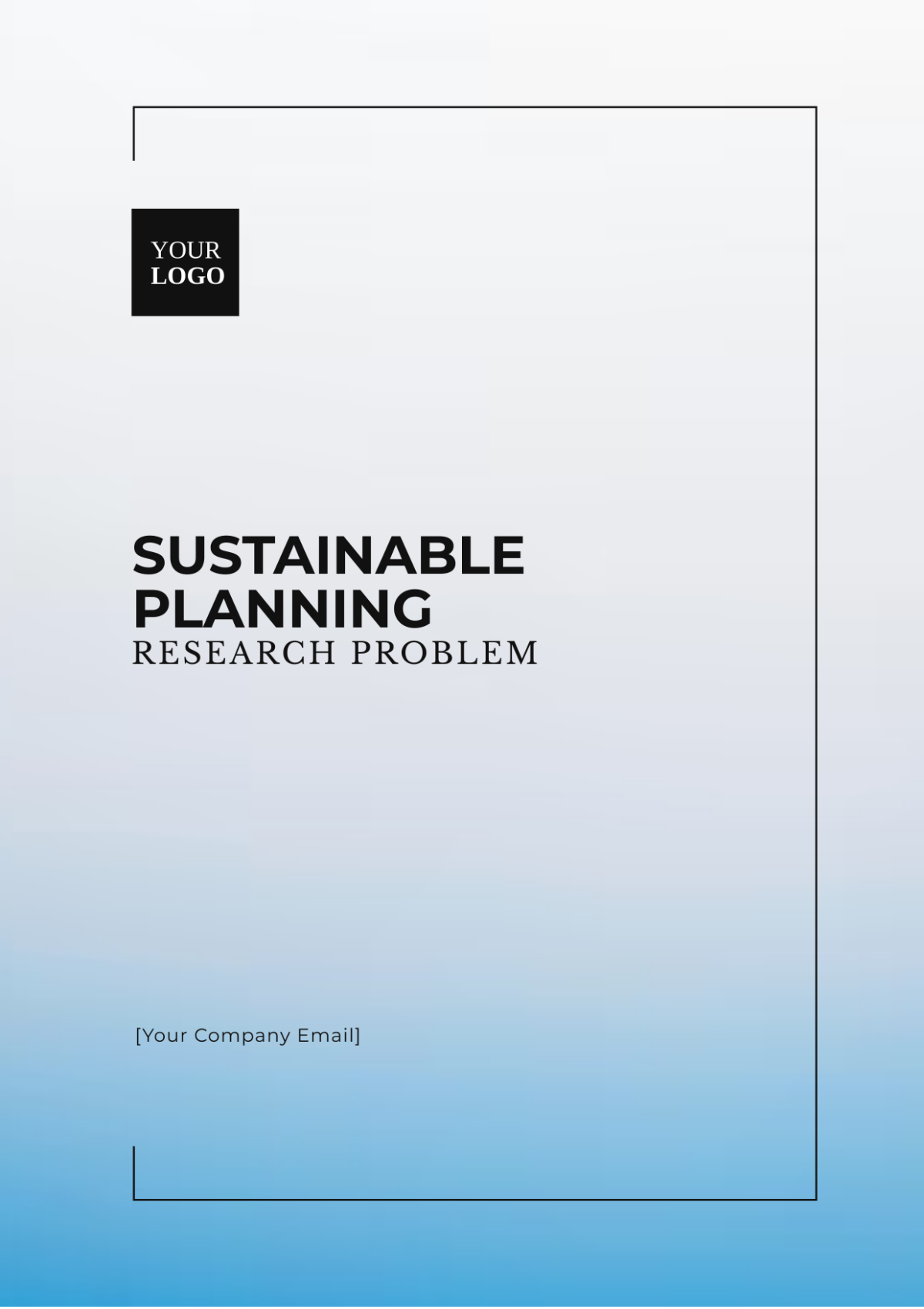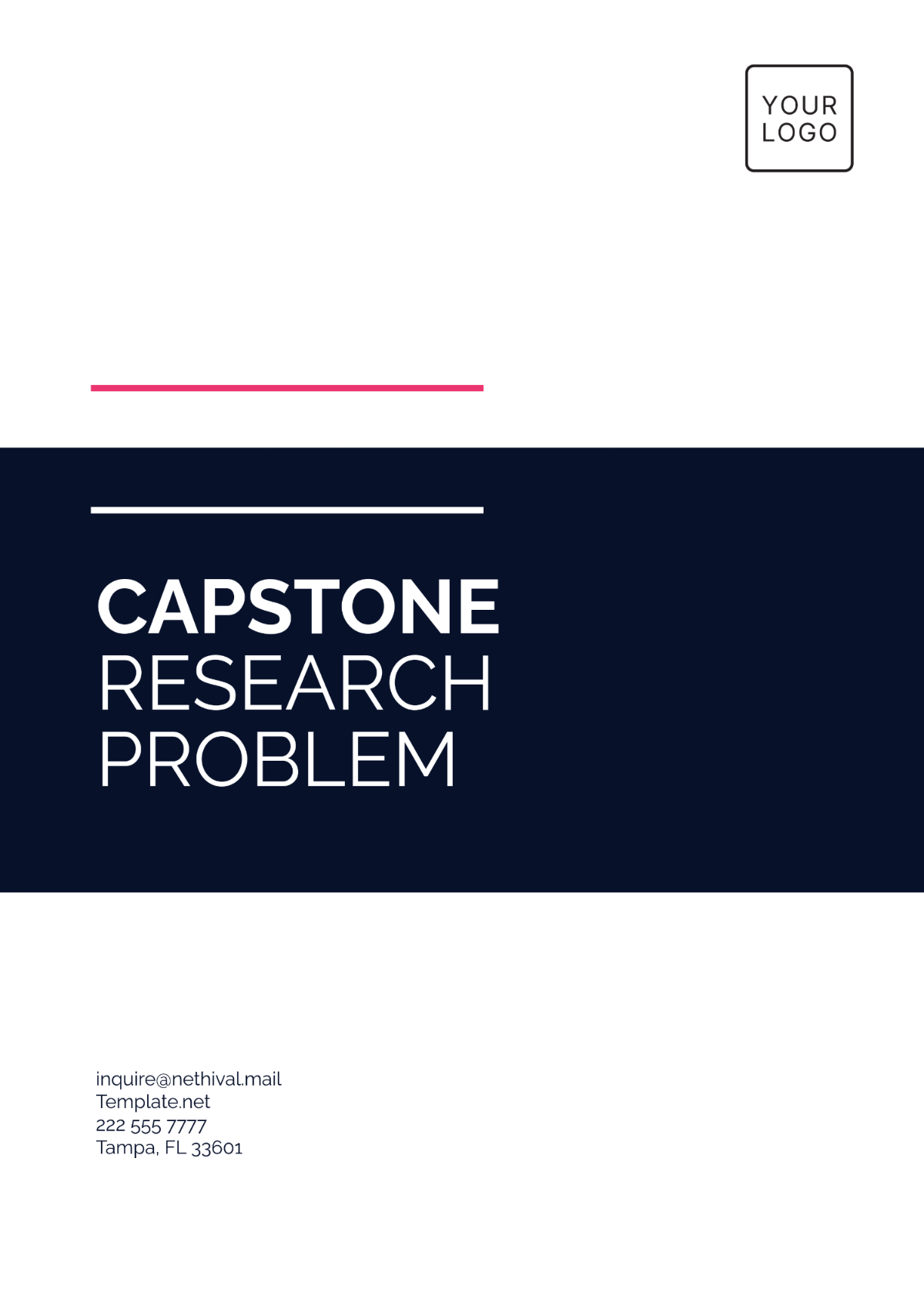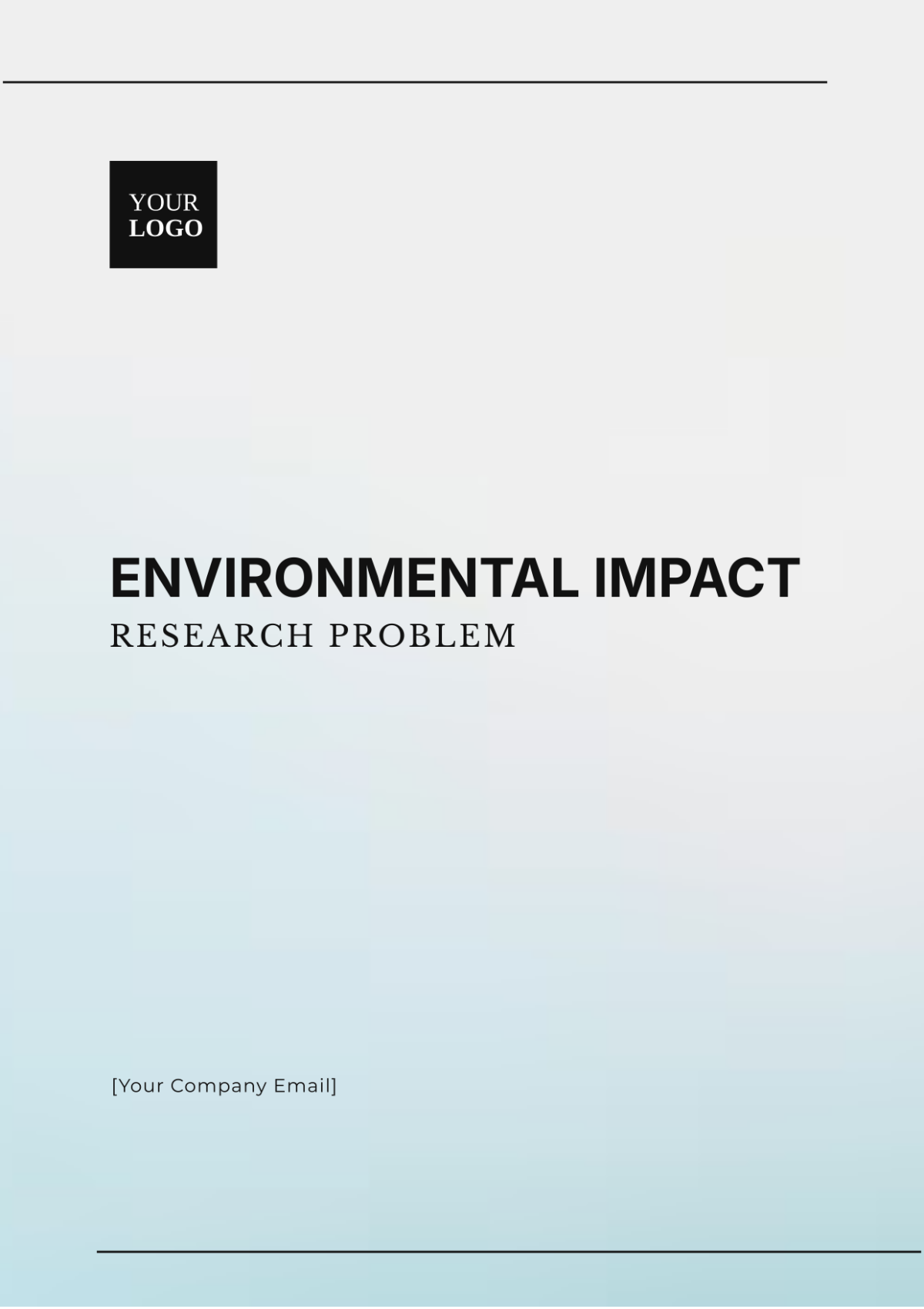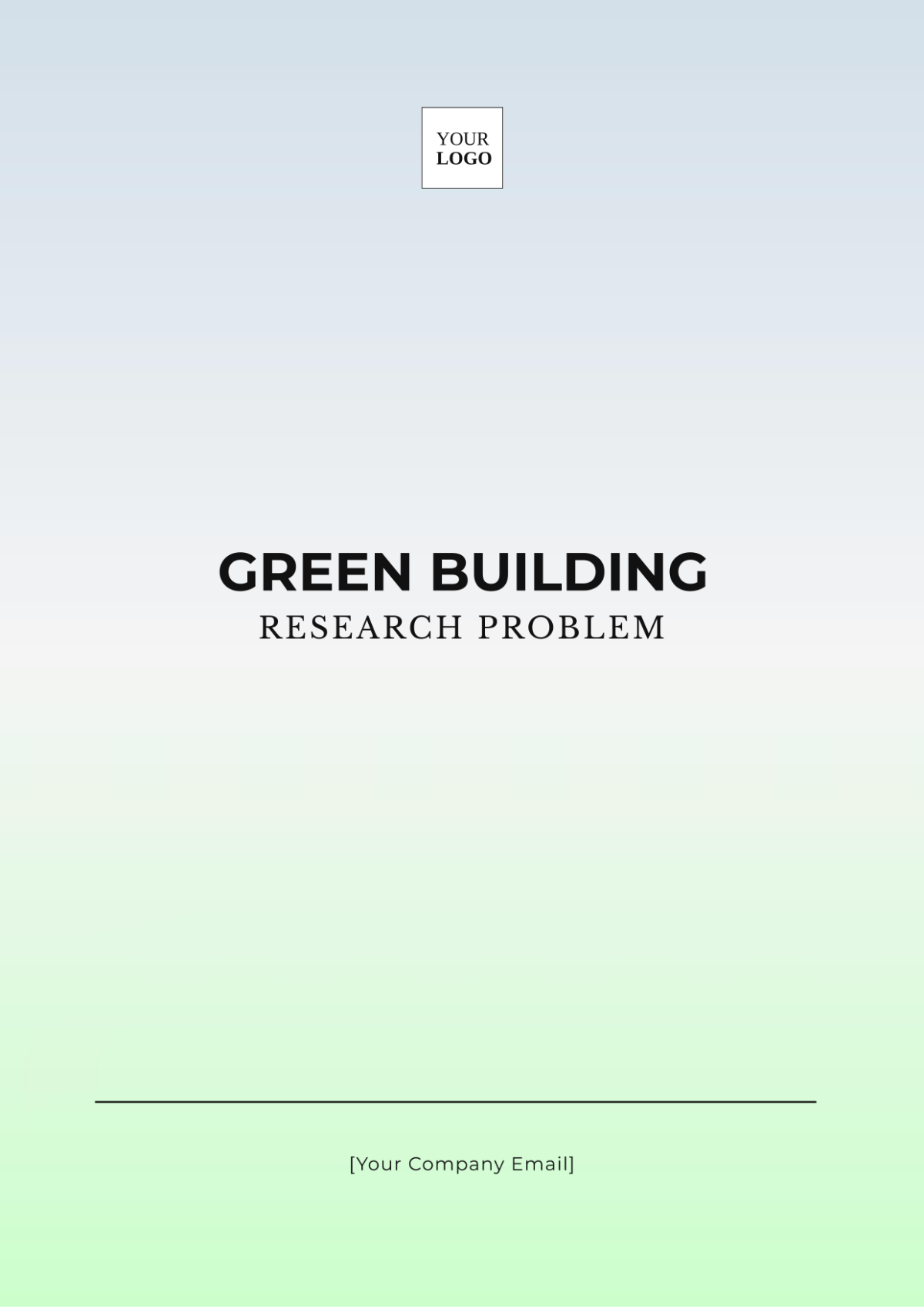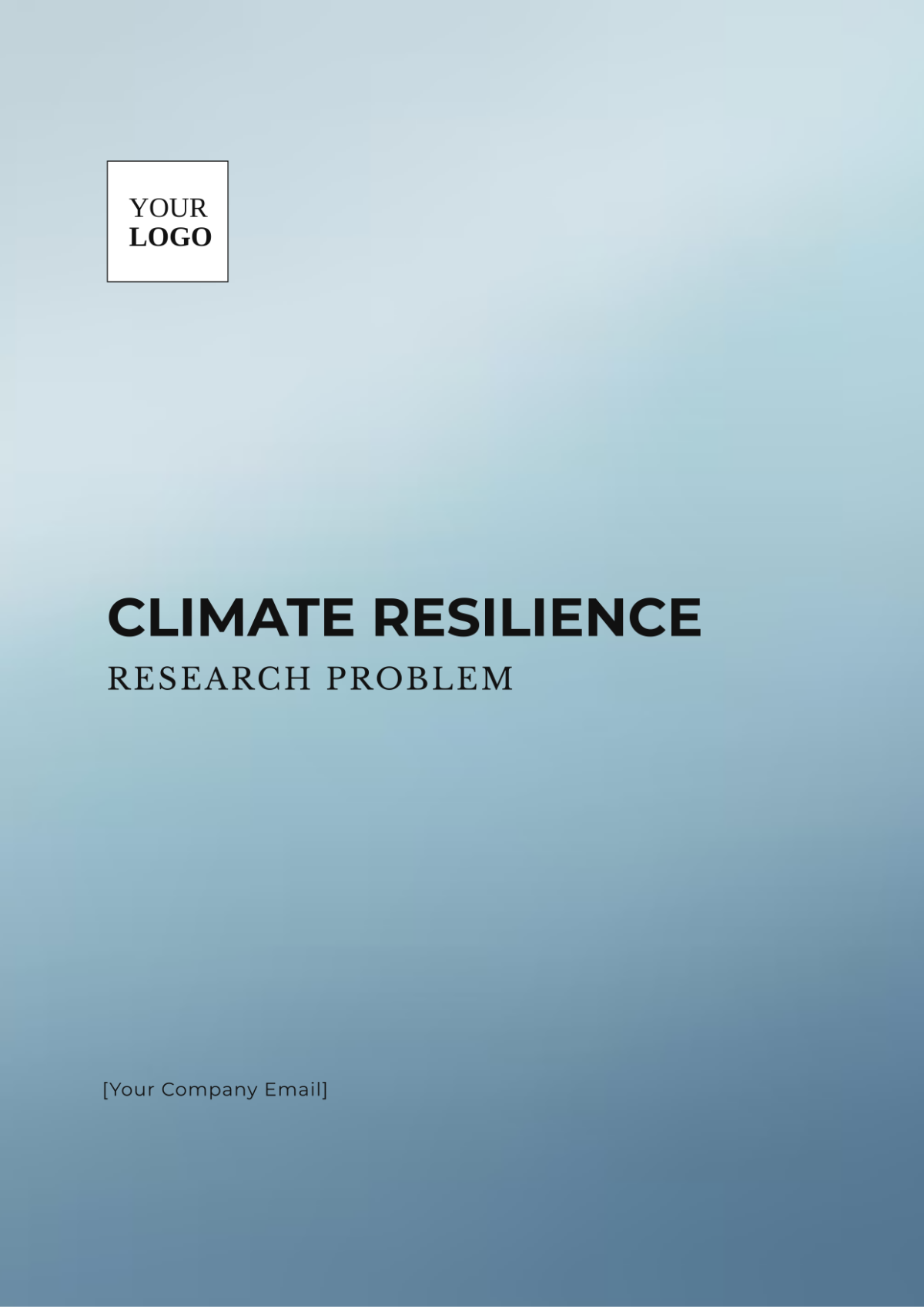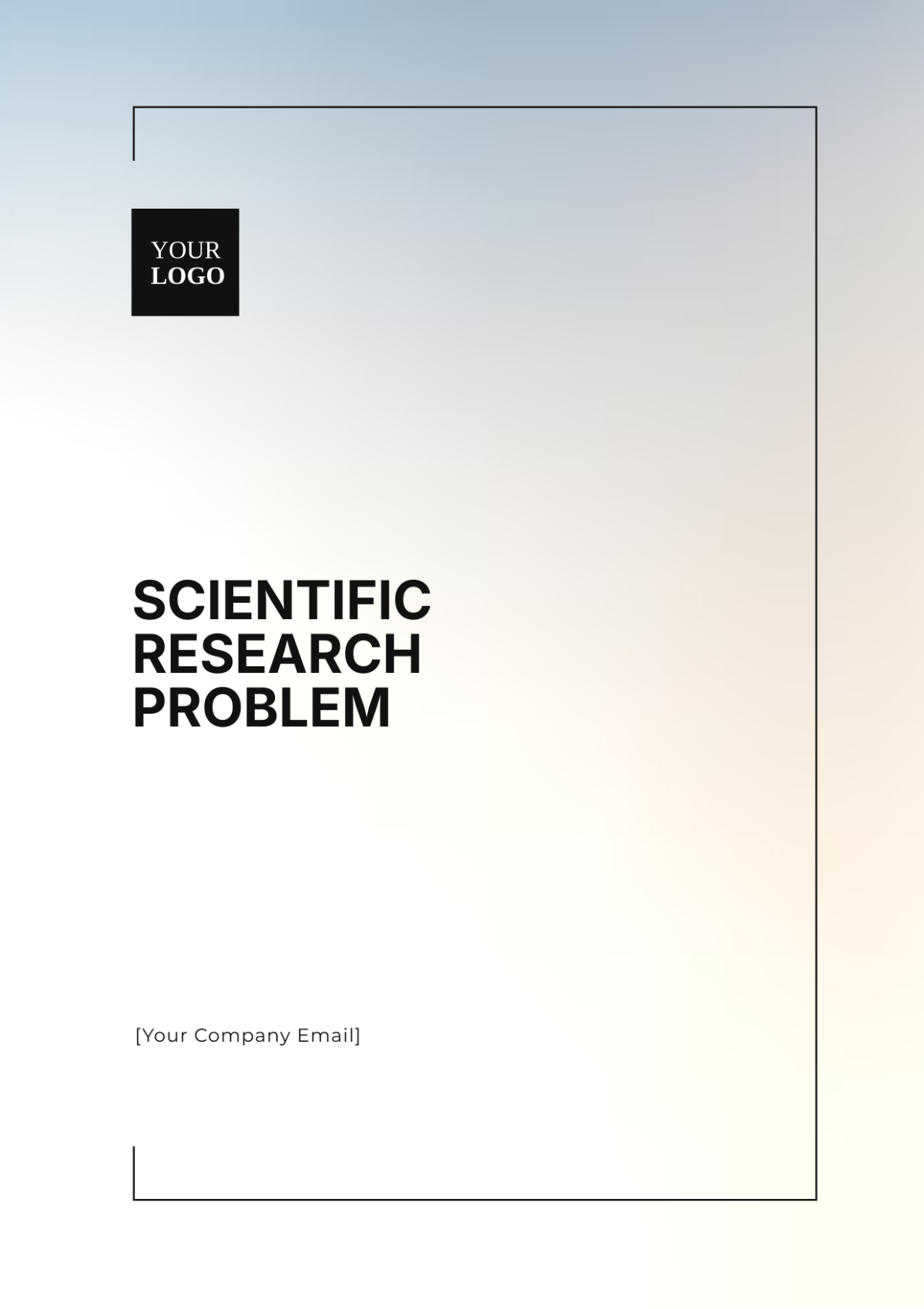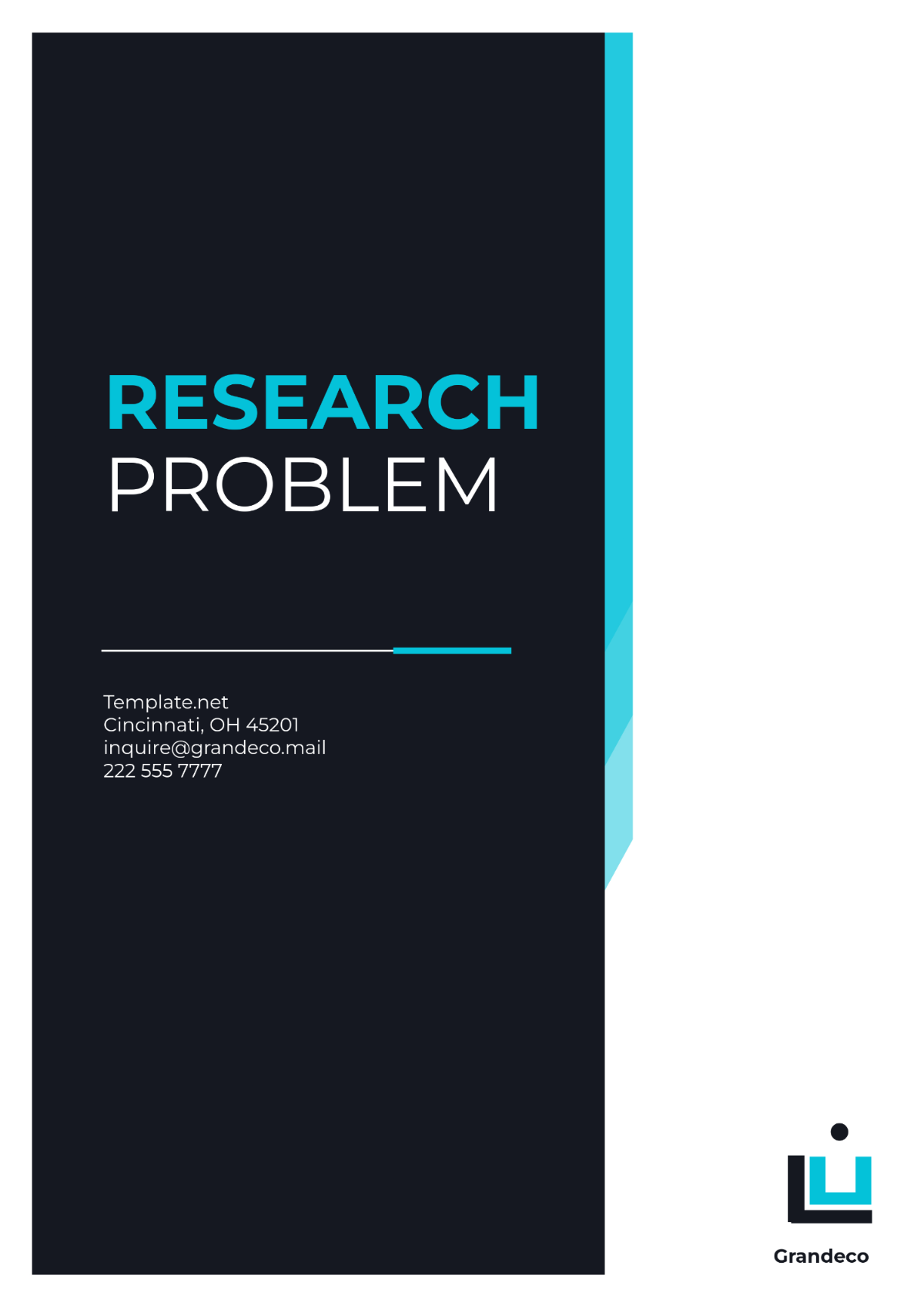Comparative Academic Research
Advancements in Sustainable Energy Technologies
I. Introduction
In the year 2050, global efforts towards sustainable development have significantly shaped the landscape of energy technologies. This comparative academic research explores the advancements and innovations in sustainable energy technologies across various regions and sectors.
The analysis aims to provide a comprehensive overview of the state-of-the-art technologies, their adoption rates, economic implications, and environmental impacts.
II. Methodology
This research combines qualitative and quantitative methods to assess sustainable energy technologies:
Quantitative Analysis: Utilizing data from reputable sources such as the International Energy Agency (IEA), U.S. Department of Energy (DOE), and BloombergNEF (BNEF) to quantify adoption rates, investment trends, and cost-effectiveness.
Qualitative Analysis: Interviews with industry experts and policymakers to understand regulatory frameworks, technological barriers, and future projections.
III. Solar Energy
Solar energy has emerged as a dominant renewable energy source globally. By 2050, advancements in photovoltaic (PV) technologies have increased efficiency rates to an average of 30-35%. The cost per kilowatt-hour (kWh) has declined significantly due to economies of scale and technological innovations in thin-film and tandem solar cells, as reported by Fraunhofer Institute for Solar Energy Systems (ISE).
IV. Wind Energy
Wind energy continues to expand, with offshore wind farms becoming increasingly prevalent in coastal regions. Turbine technology has evolved, with next-generation turbines capable of generating over 20 megawatts (MW) per unit. Investments in energy storage solutions have addressed intermittency issues, enhancing grid stability, as detailed by Wood Mackenzie.
V. Energy Storage
Energy storage technologies, such as advanced lithium-ion batteries and pumped hydro storage, play a pivotal role in enabling renewable energy integration. By 2050, the cost of energy storage has reduced by 50%, enhancing grid flexibility and reliability, according to National Renewable Energy Laboratory (NREL).
VI. Nuclear Fusion
Advancements in nuclear fusion research have led to commercial-scale reactors producing clean, limitless energy. Fusion reactors are operational in several countries, providing a stable baseload power supply with minimal environmental impact, as highlighted by MIT Energy Initiative (MITEI).
VII. Bioenergy
Bioenergy technologies have diversified, with advanced biofuels and biogas becoming viable alternatives to fossil fuels. By 2050, bioenergy contributes significantly to transportation and industrial sectors, utilizing waste biomass and algae-based feedstocks, as reviewed by Renewable and Sustainable Energy Reviews.
VIII. Comparative Economic Analysis
A comparative economic analysis across regions shows varying levels of investment in sustainable energy technologies. Countries with robust regulatory frameworks and supportive policies have seen accelerated adoption rates, leading to economic growth and job creation in the renewable energy sector. This analysis is informed by data from International Renewable Energy Agency (IRENA).
IX. Environmental Impact
The shift towards sustainable energy technologies has resulted in substantial reductions in greenhouse gas emissions and air pollution. By 2050, global carbon emissions have decreased by 70%, mitigating climate change impacts and improving public health outcomes, as evidenced by reports from World Energy Council (WEC).
X. Conclusion
In conclusion, the year 2050 marks a significant milestone in the advancement of sustainable energy technologies. From solar and wind power to nuclear fusion and bioenergy, innovations have transformed the energy landscape, fostering economic prosperity and environmental stewardship globally.
For further inquiries or detailed insights into specific technologies, please contact:
Researcher: [Your Name]
Email: [Your Email]


















